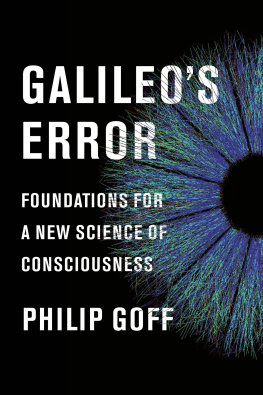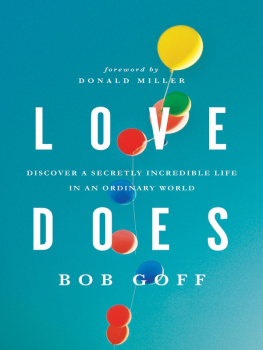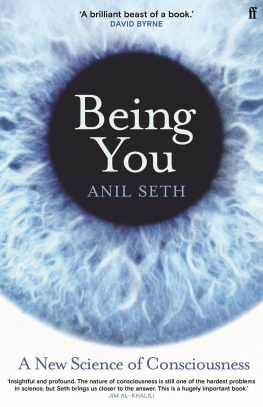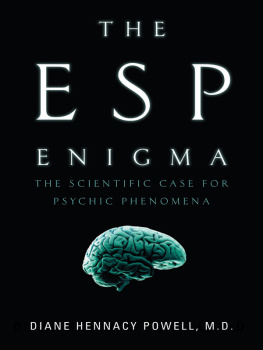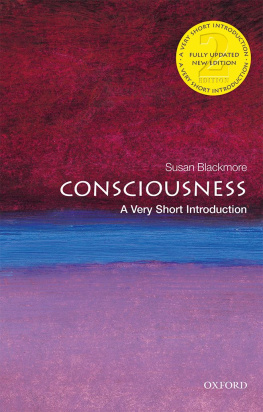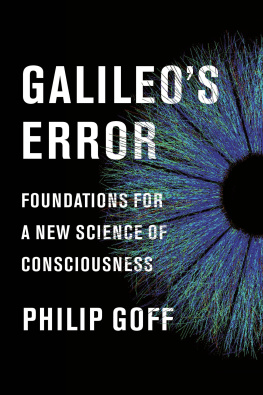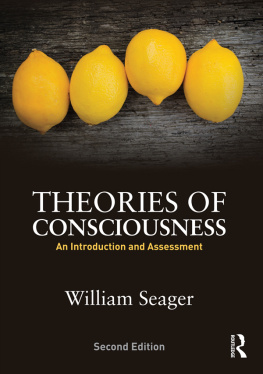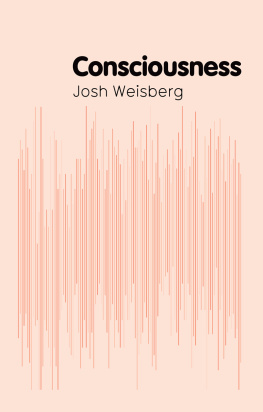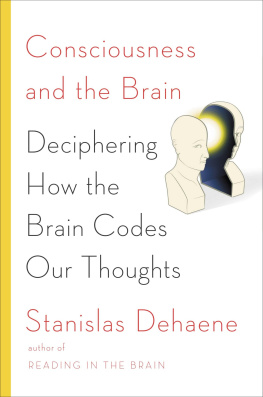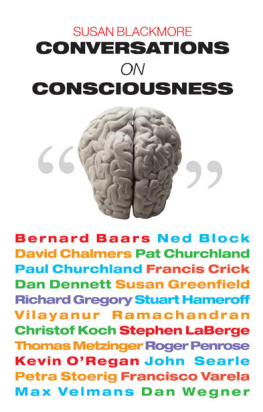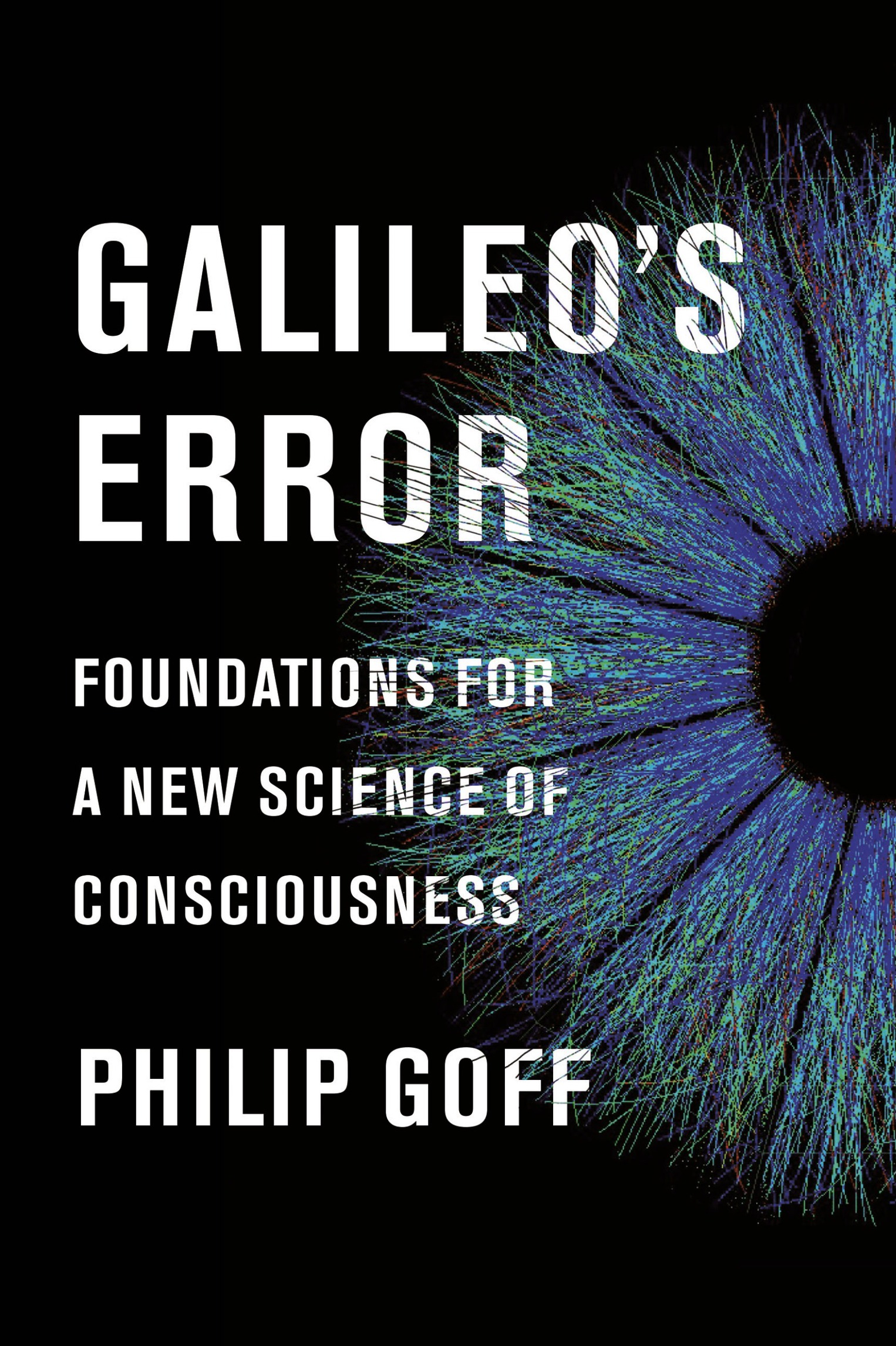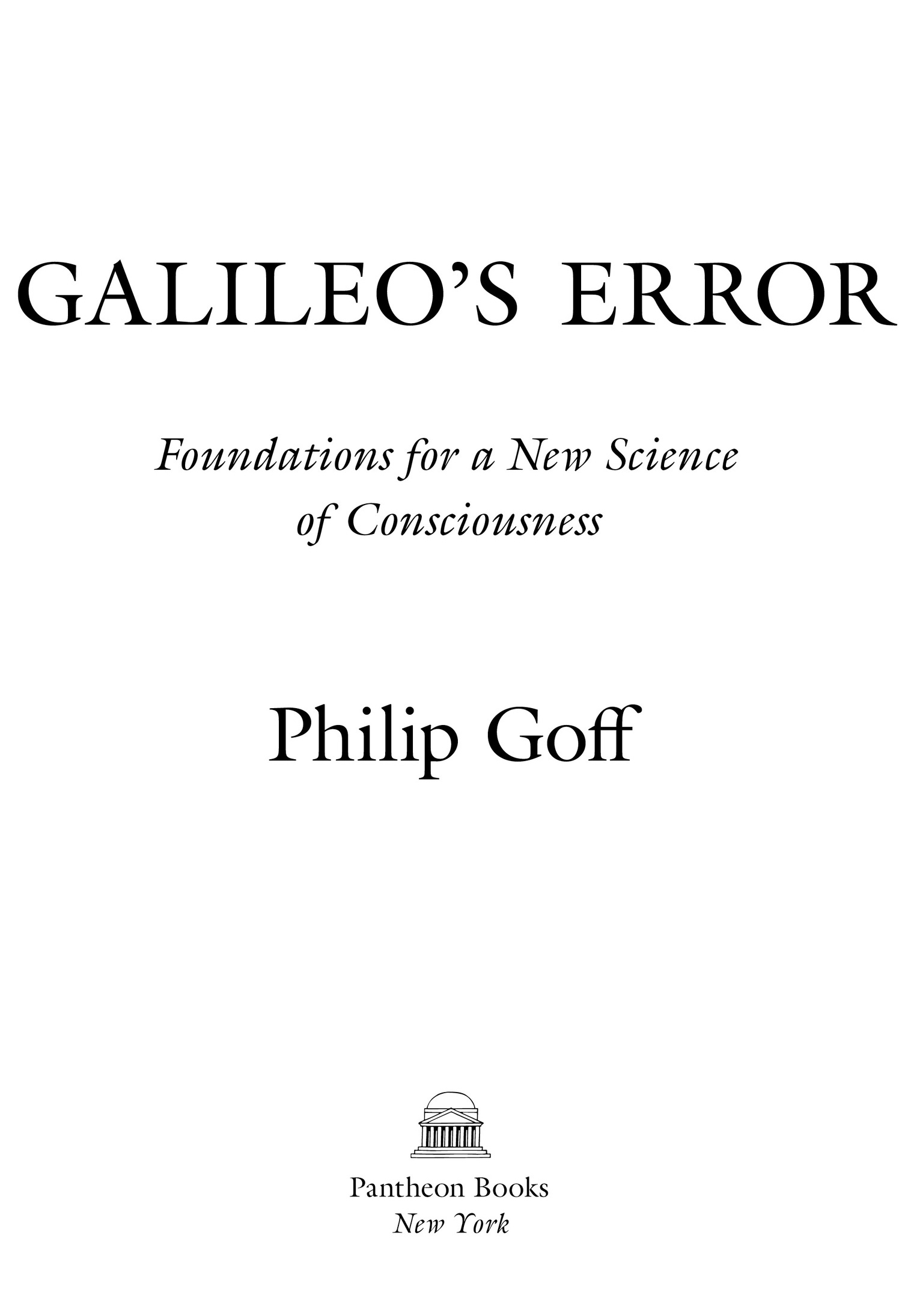More Praise for Galileos Error
Goffs elegant book offers a thought-provoking, inspiring picture of the nature of mind. His spirited defense of panpsychism moves well beyond the usual academic discussions, mulling over our place in the larger universe.
Susan Schneider, author of Artificial You: AI and the Future of Your Mind
Galileos Error is a tour de force. Goff defends his distinctive view of consciousness with verve, wit, and authority and, for good measure, adds an even-handed account of alternative views and a graphic introduction to the surrounding science. It is hard to imagine a better introduction to current debates about consciousness.
David Papineau, author of Thinking About Consciousness and professor of philosophy of science at Kings College London
Galileos Error is an exciting and provocative book, which argues for the revolutionary view that all matter is conscious. Goff writes with clarity and passion, and whether you agree or disagree with his conclusions, you will find his book enjoyable, engaging, and deeply thought-provoking.
Keith Frankish, editor of Illusionism: As a Theory of Consciousness and honorary reader in philosophy, University of Sheffield
Philip Goff has written an extraordinarily accessible and entertaining book introducing and defending an increasingly popular, if on the face of it outlandish, claim: that consciousness is everywhere. Matter doesnt somehow magically become conscious depending on how its arranged; rather the consciousness is there from the start. Theres no better introduction to this fascinating subject.
Stephen Law, author of The Great Philosophers: The Lives and Ideas of Historys Greatest Thinkers
A LSO BY P HILIP G OFF
Consciousness and Fundamental Reality
Copyright 2019 by Philip Goff
All rights reserved. Published in the United States by Pantheon Books, a division of Penguin Random House LLC, New York, and distributed in Canada by Penguin Random House Canada Limited, Toronto.
Pantheon Books and colophon are registered trademarks of Penguin Random House LLC.
Library of Congress Cataloging-in-Publication Data
Name: Goff, Philip, [date] author.
Title: Galileos error : foundations for a new science of consciousness / Philip Goff.
Description: New York : Pantheon Books, 2019. Includes bibliographical references and index.
Identifiers: LCCN 2018057138. ISBN 9781524747961 (hardcover : alk. paper). ISBN 9781524747978 (ebook).
Subjects: LCSH: Panpsychism. Consciousness. Galilei, Galileo, 15641642.
Classification: LCC BD560 .G64 2019 | DDC 128/.2dc23 | LC record available at lccn.loc.gov/2018057138
Ebook ISBN9781524747978
www.pantheonbooks.com
Cover image: Gold Beam Collision Recorded at STAR. Copyright Brookhaven National Laboratory (Creative Commons). Full image available at Flickr.com.
Cover design by Jennifer Carrow
v5.4
ep
For my parents, Marie and Tony, who gave me determination and a passion for the truth
Contents
Acknowledgments
Id like to thank Emma Bullock for the wonderful illustrations that help bring the thought experiments to life.
I am extremely grateful to David Chalmers and Nigel Warburton for helping me to develop the idea into a popular format. I would especially like to thank Nigel for coming up with the title of the book. The next stage was getting it accepted for publication, and I am indebted to my agent, Max Brockman, for helping me to develop the proposal and for securing a publisher. The only thing left to do then was to write it. My editors, Edward Kastenmeier and Andrew Weber, did a great job drawing my attention to obscurities of the first two drafts and helping me see that things that are obvious when youve been thinking about this stuff for twenty years might not be so obvious to someone coming to the topic for the first time. For really helpful comments on all or part of the text (or on my earlier attempts at a trade book), I would like to thank Luke Roelofs, Hedda Hassel Mrch, David Papineau, David Chalmers, Barry Loewer, Alastair Wilson, Keith Frankish, Galen Strawson, Simon Goff (who provided invaluable last-minute help with some tricky phrasing issues), John Houghton, Clare Goff, Garrett Mindt, Damjan Aleksiev, Marta Santuccio, Ian Hobson, Tony Goff, Helen Hobson, Rob Hoveman, and Jessy Hawkins. Id also like to thank Ian Hobson for the photo on the back flap of the jacket.
Most of all, I would like to thank my wife, Emma, for incredible support during the writing process, for countless hours of invaluable discussion of the material, and for rigorous comments on the final manuscript. As always, Id be lost without you.
1
How Galileo Created the Problem of Consciousness
As you read this page, you are having a visual experience of black letters against a white background. You can probably hear background noises: traffic, distant conversation, or the faint hum of a computer. You may be experiencing strong smells or tastes: the smell of coffee, the taste of mint as you chew a fresh piece of gum. Maybe you feel some emotions: a feeling of excitement, or sadness, or maybe you just feel a bit tired or distracted. If you pay attention, you will notice more subtle kinds of experience: the tactile sensation of the chair against your body, perhaps sensations of itchiness or throbbing in a knee or an arm. These are all forms of conscious experience. They are states that characterize your subjective inner life. These feelings and experiences make up what its like to be you.
Consciousness is fundamental to what we are as human beings. This is not to undermine the importance of the body: we are embodied creatures and we relate to one another through and with our bodies. But it is consciousness that defines the identity of the person. Fundamentally we know a person in terms of their feelings and thoughts, and the quirks of their personality. Perhaps one day in the future it will be possible to survive the death of the body by uploading ones mind onto a computer, making it possible to talk to grandma via email long after her body has rotted in the ground. So long as the conscious mind survives, we feel that the person has survived. In contrast, when the conscious mind has gone, for example, in tragic cases of permanent coma, the living body can seem nothing more than a memorial to the person who once was.
Consciousness is also the source of much that is of value in existence. Without consciousness, the universe would still be just as immense and awe-inspiring. But without a conscious mind to appreciate its majesty, is there really any value in the existence of all that stuff? It is our experiences that make life worth living: exhilarating pleasures, sweeping emotions, subtle thoughts. Without consciousness none of these things is possible.
As well as being the ground of our identity and a source of great value, consciousness is the only thing we know for certain is real. I cant know for certain that there really is a world out there. Perhaps Im actually in the Matrix, naked and hairless, encapsulated in a vat of chemicals being fed information about a nonexistent virtual world by computers that are using me as an energy source. I might not even have a body: perhaps the computers disposed of my body long ago and now all that remains of me is a brain wired up to a computer. Or perhaps I am myself a computer, created by humans to think that I am a living human being.

